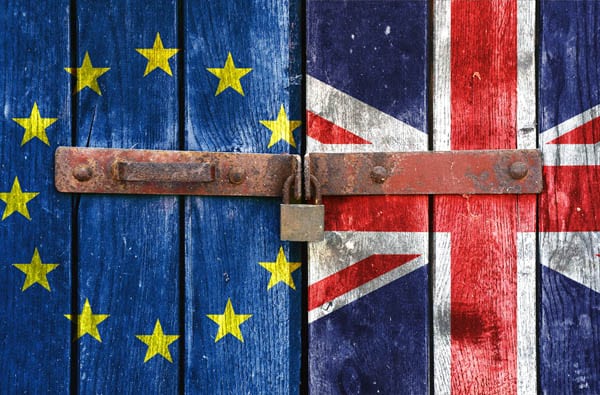
The UK has to some extent been absent, or has withdrawn somewhat, from both the international and, above all, European scenarios. This is partly due to the policy of the Prime Minister, David Cameron, and partly to the growing insularity of a country whose domestic political life is increasingly conducted with its back towards Europe. But there is also a sense of weariness following the long wars waged in Iraq and Afghanistan. This is a pity, because the EU’s Common Foreign and Security Policy needs London to be actively involved, despite the British government’s position on arming the Ukrainians currently being more in line with Washington’s than with the dominant, but far from unanimous, opinion prevailing in Europe’s chanceries. No wonder, then, that Cameron was absent from the latest and important meeting in Minsk, and that he does not have much to say about Greece. And if the UK quits the EU, this will become even worse.
To distance himself from the EU –to whose Monetary Union the UK does not belong–, and unlike his predecessor Gordon Brown in 2008, Cameron decided in 2010 not to participate in the Eurogroup summits promoted by France. Angela Merkel was opposed to the summits being held without the British, in order to avoid having a two-speed Europe –or inner and outer circles in the EU–, but finally resigned herself to the fact. Nevertheless, Cameron certainly seems to have committed a strategic error. Neither has he helped to promote the creation of a European defence system, having brought the process to a halt. Britain’s armed forces, despite budget cuts and downsizing, are crucial to Europe (although if they decline further, London will surely lose global influence), and if the UK refuses to become involved then France and Germany will go their own separate ways. Cameron, who has pledged to hold a referendum on the EU in 2017 if he is still in office, is a prisoner of the Euro-sceptics in his own Tory Party and of his rivals in the UK Independence Party (UKIP).
It is true that the UK is very active on issues such as Libya and that it participates in the bombing attacks against Daesh (the self-styled Islamic State) in Iraq. It also exercises a powerful economic diplomacy. And even though it takes part in the 5+1 talks with Iran, negotiations are now largely in the hands of the US. Despite its presence in the G-7 and G-20 it no longer contributes significantly to the great debates. It has not even done much about its own priority of downsizing European integration because, in fact, it is doing pretty well with what there is. Nevertheless, the truth is that given the current lack of leadership in Europe, the only true leader at the moment is Merkel.
Another factor favouring British disengagement is that when Cameron was determined to punish al-Assad militarily for his use of chemical weapons against his opponents in Syria, an unusually rebellious Parliament halted him. It is possible that the MPs’ revolt had more to do with the precedent of invading Iraq without a UN mandate rather than with the situation in Syria itself.
Every year the European Council on Foreign Relations (ECFR) rates the external action of the EU’s member states. In its latest edition, it places the UK among the top three ‘leaders’ (as opposed to ‘slackers’) in foreign policy, particularly as regards Bosnia, sanctions on Russia, relations with the US and the promotion of the Transatlantic Trade and Investment Partnership (TTIP), Libya, combating Daesh and providing humanitarian support in the Middle East.
So perhaps the UK is more global and less European, as some experts consider. Nevertheless, many, like the Frankfurter Allgemeine Zeitung in Germany, ask: where is David Cameron? According to an analysis by Denis MacShane, consultant and former British Minister for the EU, the French Foreign Minister Laurent Fabius has openly complained about the UK’s ‘non diplomacy’ in Europe, essentially on account of its lack of a policy on Europe. Until now, and ever since its late entry into the EU in 1973, Britain has unfailingly had a European policy. A retired British General has publicly criticised the Prime Minister for his government’s ‘irrelevance in foreign policy’. And a highly competent former British diplomat in the UK and the EU, Robert Cooper, recently said that Britain now seems to lack both ambition and direction.
The UKIP –anti-immigration (first) and anti-EU (second)– is succeeding in tainting all other British parties, and in particular the Tories, forcing the debate to become even more insular and parochial, as recognised by a number of MPs. This is a far remove from Tony Blair’s aim of placing the UK ‘at the heart of Europe’, although he never actually dared do just that.
The UK’s disengagement from Europe is not good for Britain, and neither is it for the rest of the EU.


